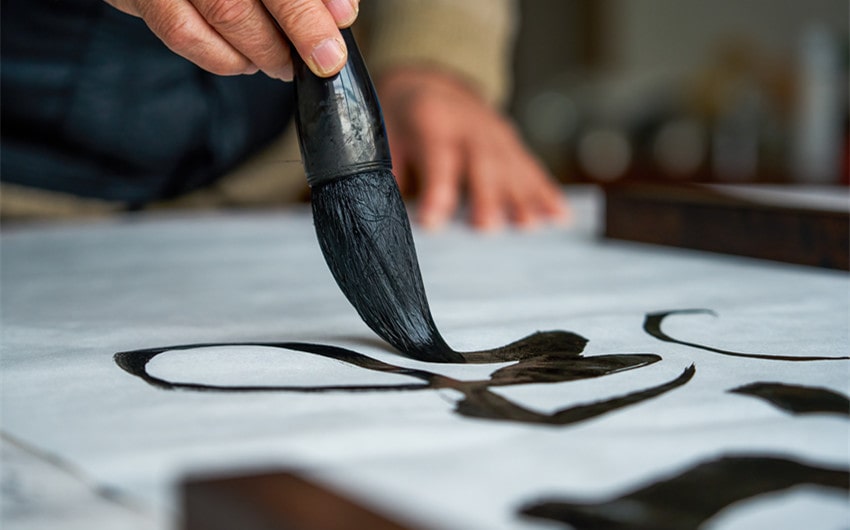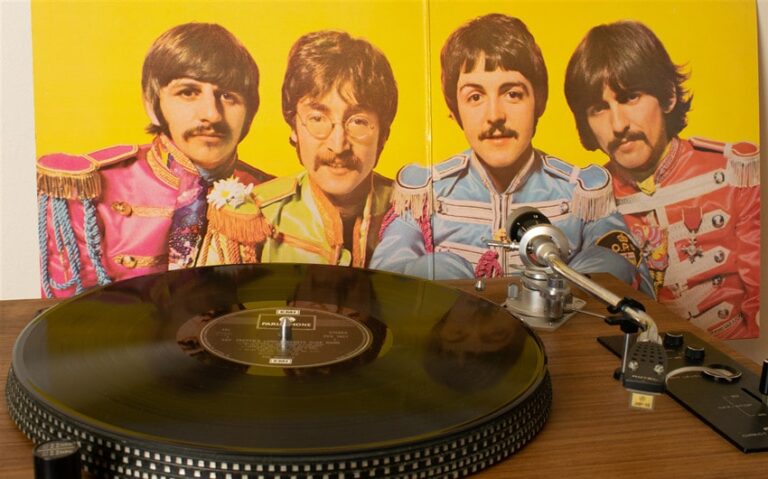17 Chinese Proverbs About Happiness That Bring Calm and Clarity
Happiness is a universal pursuit, but how it’s understood—and attained—varies deeply across cultures. Chinese proverbs about happiness offer a profound, poetic lens into what it truly means to live a joyful life. Rather than chasing highs or material success, these ancient sayings invite you to find happiness in simplicity, patience, and inner peace.
Rooted in Confucian and Taoist thought, many of these proverbs reflect thousands of years of reflection on human nature, balance, and the natural world. Their wisdom is soft-spoken, but powerful—and just as relevant today as when they were first shared around village fires or inked onto scrolls.
Let these words help you pause, reflect, and reconnect with joy in its gentlest, most enduring form.
Harmony and Balance – The Root of Lasting Joy
Chinese philosophy teaches that true happiness is not found in extremes, but in harmony. This balance isn’t just external—between work and rest, action and stillness—but internal, within the heart and mind. These proverbs guide you to calm your spirit, soften your striving, and return to a centered state where joy naturally arises.
1. “Happiness is not in having more, but in needing less.”
This proverb speaks directly to our modern culture of excess. It suggests that happiness doesn’t come from accumulation, but from clarity—knowing what truly matters and being at peace with enough. Letting go of comparison and consumerism clears space for gratitude.
2. “A heart at peace gives life to the body.”
Emotional peace isn’t just nice to have—it impacts your physical health. When your heart is calm, your whole being thrives. Stress, bitterness, and unresolved conflict drain your vitality. Joy often starts with making peace with your own story.
3. “To be calm is the highest achievement of the self.”
Rather than loud success or public admiration, this saying honors the quiet power of self-mastery. If you can stay grounded in chaos, you’ve already won. Happiness grows in that steady space where you’re not reactive—you’re present, wise, and anchored.
4. “Better a diamond with a flaw than a pebble without.”
Perfection is overrated. This proverb reminds you that depth, richness, and meaning are far more valuable than superficial flawlessness. Let yourself be a “diamond with a flaw”—real, radiant, and whole.
5. “One joy scatters a hundred griefs.”
A single moment of happiness has ripple effects. A sincere laugh, a warm gesture, or a peaceful breath can dissolve layers of stress or sadness. Joy is healing, and you don’t need much of it to shift your whole mood.
Contentment in Simplicity – Finding Joy in the Everyday
In Chinese wisdom, simplicity isn’t just an aesthetic—it’s a spiritual practice. True contentment comes not from what you own, but from your relationship to what you already have. These proverbs highlight the joy that lives in ordinary moments, kind connections, and humble habits.
1. “He who is content is rich.”
This simple line flips our modern definition of wealth. Riches aren’t measured by how much you own, but by how little you need. When you’re content, you stop chasing, comparing, and grasping. And in that stillness, happiness finds you.
2. “A single conversation with a wise person is worth a month’s study.”
Sometimes, real happiness comes not from effort or knowledge, but from connection. A meaningful conversation can refresh your heart more than any self-help book. Wisdom—and joy—are often passed in quiet, human exchanges.
3. “A good neighbor is better than a brother far away.”
Joy is rooted in community. You don’t need grand networks—just nearby kindness. This proverb reminds you to invest in your local relationships: the barista, your neighbor, the coworker who checks in. Happiness lives in everyday connection.
4. “A smile will gain you ten more years of life.”
This playful saying speaks to the longevity of joy. Laughter lightens the body and boosts the spirit. While it may not be literal medicine, smiling certainly nurtures your mental and emotional well-being. It’s the simplest act of self-care.
5. “With time and patience, the mulberry leaf becomes a silk gown.”
Transformation isn’t instant. What begins as something ordinary—like a leaf—can, with time and care, become something exquisite. Your happiness doesn’t need to happen overnight. Let it evolve gently, with trust in the process.
Patience, Time, and the Flow of Life
Chinese culture holds deep reverence for the cycles of nature and the wisdom of waiting. These proverbs show that happiness is not forced—it flows. Just like water shapes stone, your steady efforts and quiet patience eventually lead to beauty, peace, and fulfillment.
1. “Be not afraid of going slowly, be afraid only of standing still.”
This beloved proverb encourages progress over perfection. You don’t have to rush; you just have to move. Slow steps toward peace, joy, or healing are still steps. Happiness often unfolds when you stop judging your pace and start trusting your direction.
2. “The best time to plant a tree was 20 years ago. The second-best time is now.”
There’s power in beginning. This proverb reminds you that it’s never too late to grow, change, or find joy again. Whether it’s starting a new habit, reconnecting with yourself, or healing old wounds—today is always a good time to start.
Inner Virtue and the Happiness Within
Perhaps the most powerful truth in Chinese philosophy is that happiness lives within you—not in things, achievements, or status. These proverbs show that cultivating kindness, humility, and self-trust leads to lasting happiness that can’t be taken away by changing circumstances.
1. “He who depends on himself will attain the greatest happiness.”
Relying on your inner strength fosters unshakeable joy. This doesn’t mean isolating yourself—it means trusting your ability to meet life’s challenges with grace. When your sense of well-being isn’t dependent on external validation, it becomes steady and deep.
2. “If you want happiness for an hour, take a nap.
If you want happiness for a day, go fishing.
If you want happiness for a year, inherit a fortune.
If you want happiness for a lifetime, help someone else.”
This layered proverb compares fleeting pleasure with lasting joy. Temporary happiness is fine—but the kind that lasts comes from compassion, purpose, and service. When you lift others, your own spirit rises with them.
3. “A kind word warms for three winters.”
Small acts of kindness carry enormous emotional weight. A sincere compliment, thoughtful gesture, or gentle word can be remembered for years. True happiness doesn’t always look dramatic—it’s often warm, quiet, and long-lasting.
4. “Virtue is not left to stand alone. He who practices it will have neighbors.”
Integrity attracts community. When you live with honesty and heart, connection follows. This proverb suggests that inner virtue builds outer joy—because when people trust you, life becomes more open, generous, and sweet.
5. “When there is light in the soul, there is beauty in the person.”
Inner radiance transforms everything. A joyful, compassionate soul naturally shines outward. This proverb gently reminds you to cultivate inner light—because your presence, not just your appearance, is what truly makes you beautiful.
Closing Reflection
As you reflect on these Chinese proverbs about happiness, let one of them stay with you today. Write it down. Whisper it during a tough moment. Let it soften the edges of your thinking or offer peace when the day feels too loud.
You don’t have to chase happiness. These ancient words suggest something gentler: create space, stay grounded, and happiness will return to you—again and again.
Sometimes joy is just a quiet truth, well remembered.






